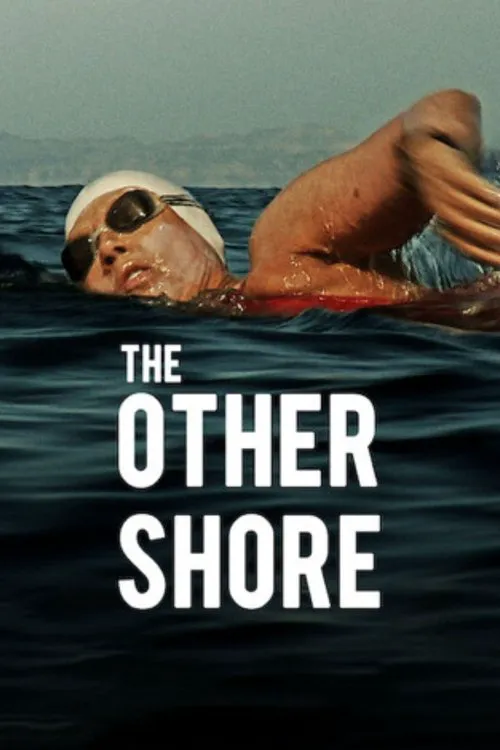The Other Shore: The Diana Nyad Story

Handlung
In the gripping biographical drama "The Other Shore: The Diana Nyad Story," acclaimed filmmaker Lucy Gafford brings to life the extraordinary tale of a determined athlete who refused to let her troubled past define her future. The film is an intimate and inspiring portrait of Diana Nyad, a legendary swimmer who spent most of her life chasing a seemingly impossible dream: to conquer the treacherous waters between Cuba and Florida without stopping. Born into a loving family, Diana's young life took a devastating turn when her father, a charismatic and manipulative figure, began to exert a toxic influence over her. As a child, Diana was subjected to emotional and physical abuse, which left deep scars that she would carry with her for years to come. Despite the pain and trauma she endured, Diana found solace in the water, where she discovered a sense of freedom and empowerment that proved to be a lifesaver. As Diana grew older, her passion for swimming only intensified, and she began to set her sights on the most ambitious goals imaginable. Her obsession with swimming across the Florida Straits, a feat never before accomplished, consumed her every waking moment. The 90 miles of open water between Cuba and Florida had long been the subject of legend among swimmers, and Diana was convinced that she was the only one who could conquer this seemingly insurmountable challenge. Throughout the film, the audience is taken on a journey through Diana's four grueling attempts at completing the swim, each of which is marked by its own unique set of obstacles and setbacks. The film masterfully captures the intensity and focus that drove Diana to pursue this dream against all odds, even as it also sheds light on the personal demons that haunted her. Diana's relationships with those around her, including her closest friend and supporter, Bonnie Stoll, and her sometimes-estranged family members, are explored in depth throughout the film. While Diana's loved ones are drawn into her whirlwind of obsessive behavior, they also serve as a source of love and support that she desperately needs. As Diana's attempts at the swim take a toll on her body and mind, she begins to confront the deep-seated fears and doubts that have held her back for so long. It is only through facing these dark places within herself that Diana is finally able to find a sense of peace and resolution, one that allows her to see the world – and herself – in a whole new light. Throughout its tense and suspenseful narrative, "The Other Shore" raises important questions about the nature of obsession, ambition, and the human spirit. While some viewers may see Diana's determination as both captivating and admirable, others may view it as a more troubling symptom of larger issues. Whatever the audience's perspective, it is clear that Diana's story is one of unyielding passion and perseverance in the face of overwhelming adversity. Ultimately, "The Other Shore" is a film about the transformative power of human endurance and the ways in which we are all capable of greater things than we may ever have imagined. It is a testament to the indomitable spirit of Diana Nyad and a tribute to the incredible courage and determination that defined her remarkable life. Over the course of a grueling 60 hours, Diana pushes her body to the very limits of human endurance, battling treacherous currents, searing heat, and relentless jellyfish stings. As she faces each of these perils, she is also forced to confront the painful memories and self-doubt that have held her back for so long. While it is possible to view Diana's behavior as somewhat extreme or even selfish, the film's portrayal of her struggle is never sensational or exploitative, but rather thoughtful and empathetic. In the end, it is precisely this empathy – and a deep understanding of the complexities that shape human experience – that makes "The Other Shore" such a riveting and unforgettable film. By immersing the audience in the tumultuous world of competitive sports, the film raises essential questions about the human condition: What drives us to excel, and what are the costs of that drive? How do we find meaning and purpose in our lives, and what happens when we lose our way? These questions are timeless and universal, and "The Other Shore" poses them in a way that is both profoundly moving and deeply inspiring.
Kritiken
Empfehlungen



